The Abbey of Abbeys
ထုတ်ဝေခဲ့သည်။: 24.07.2024
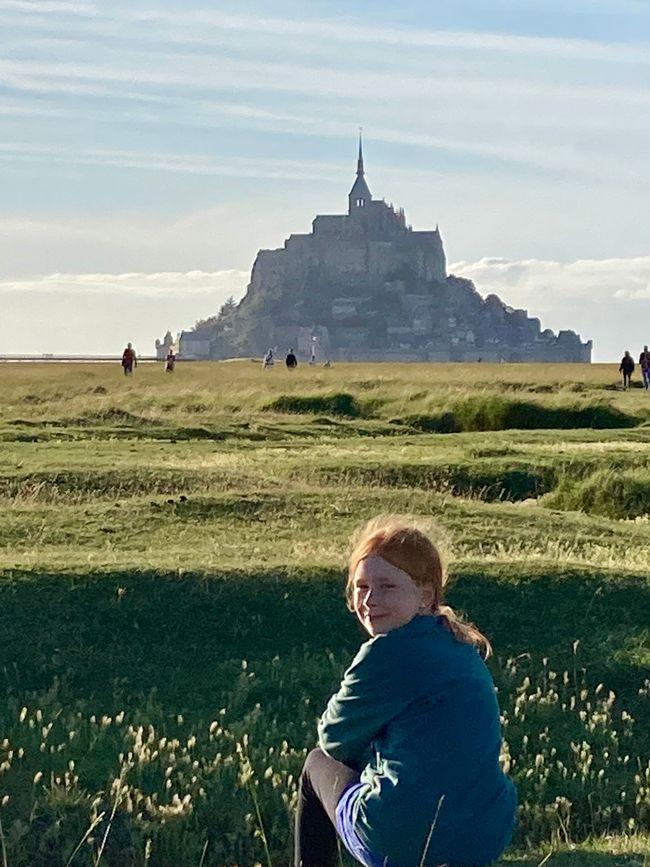
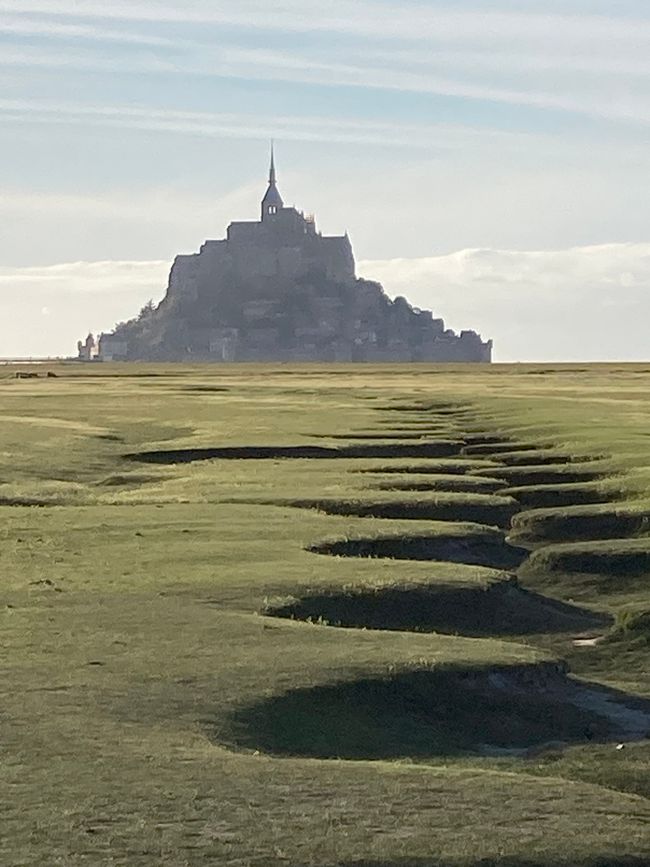
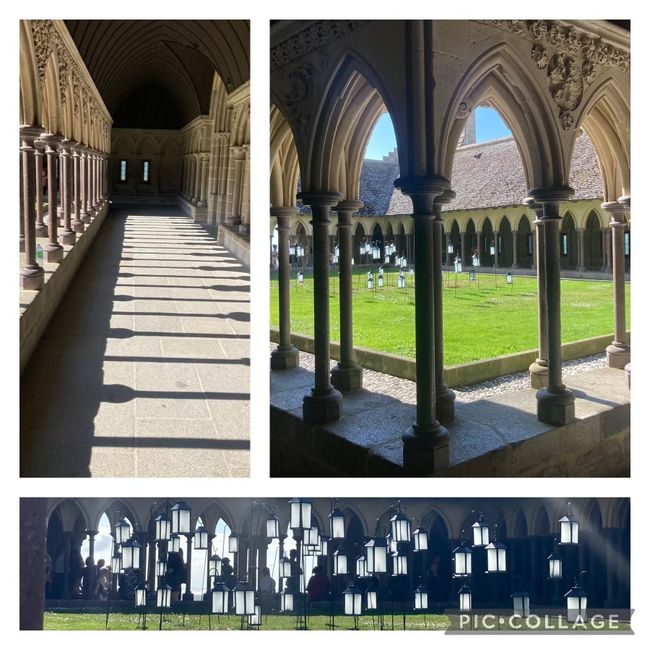
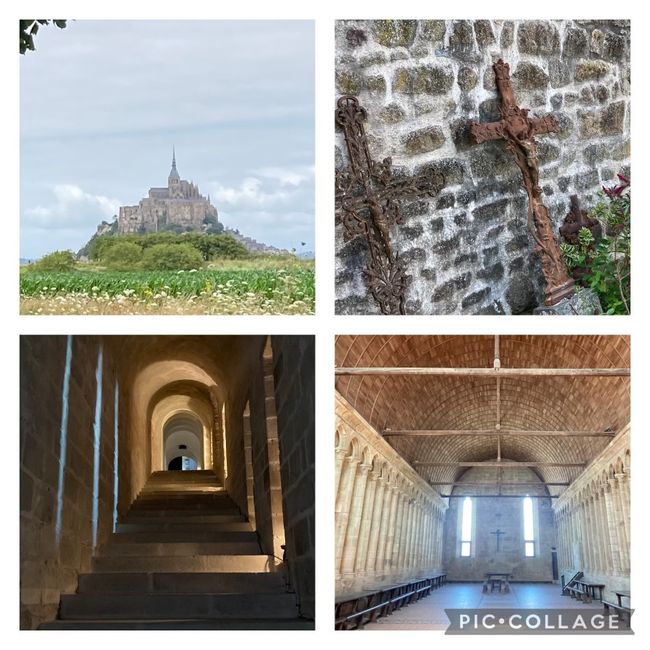
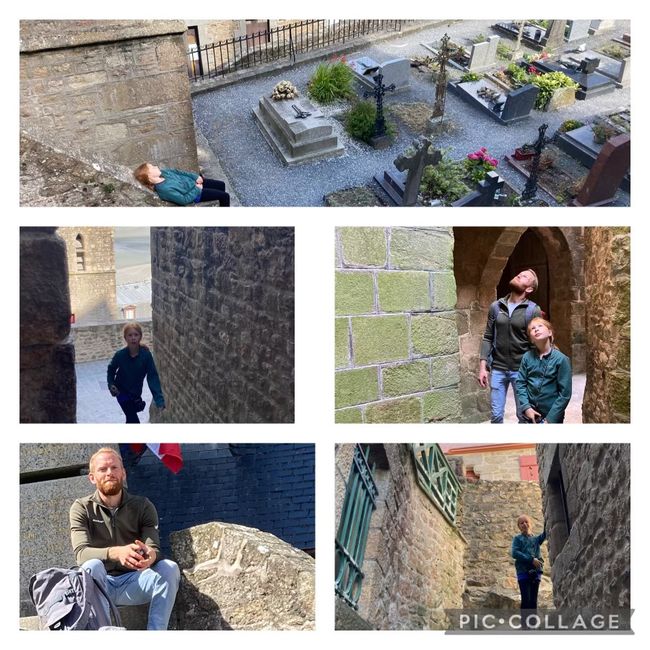
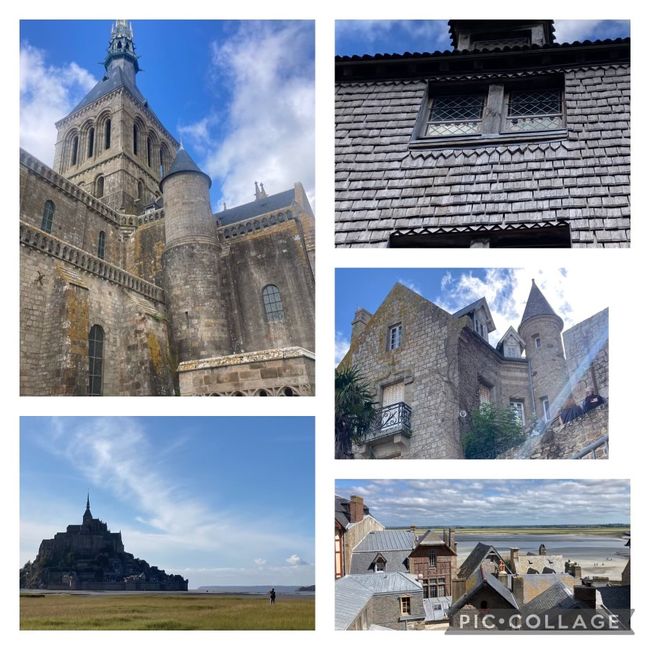
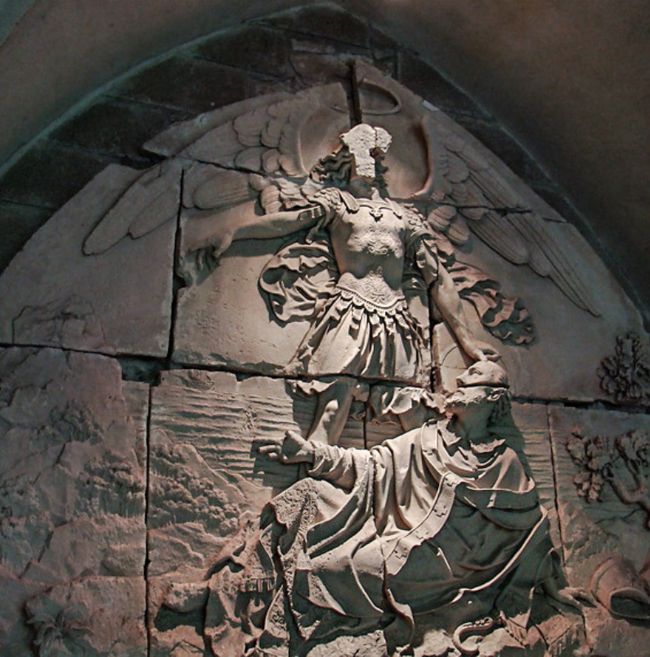
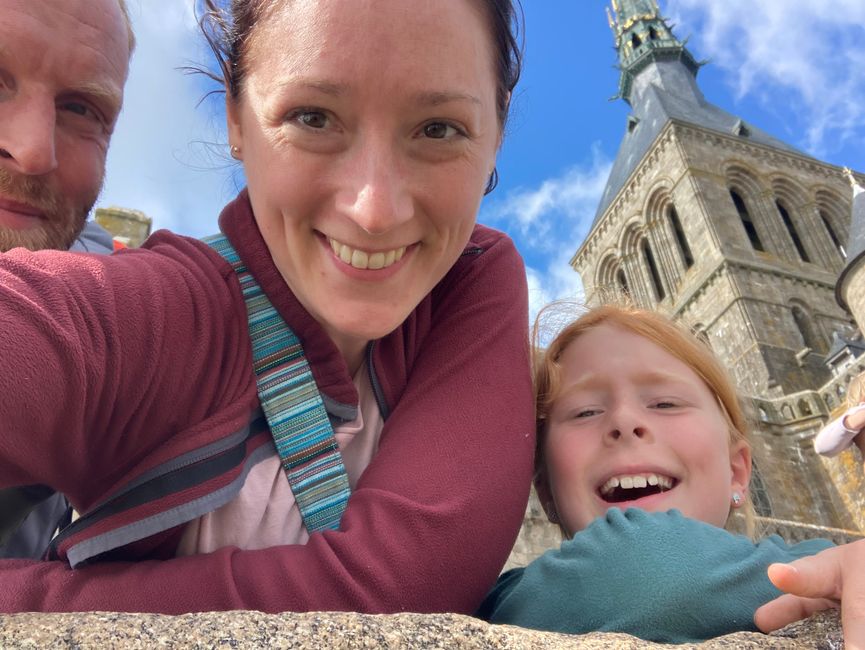
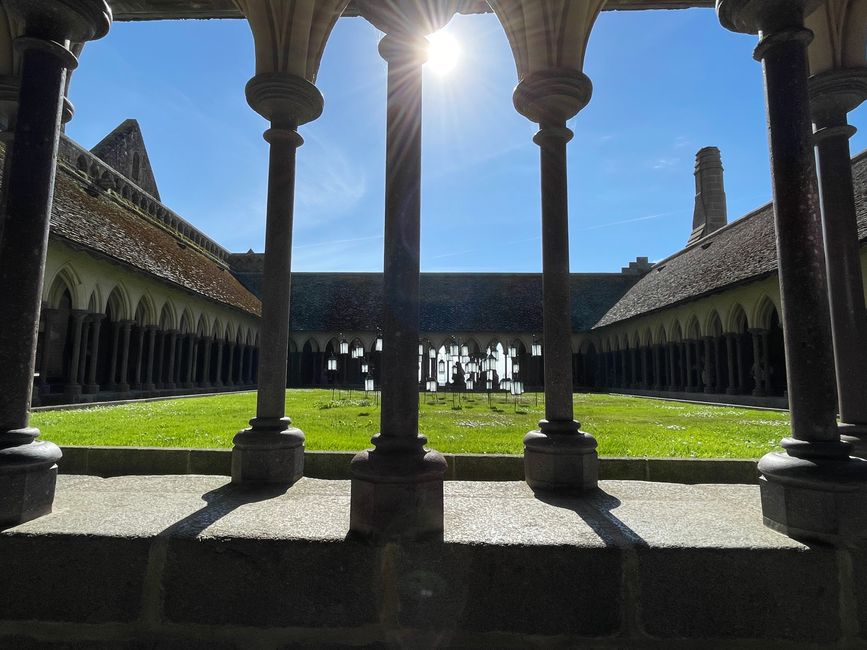
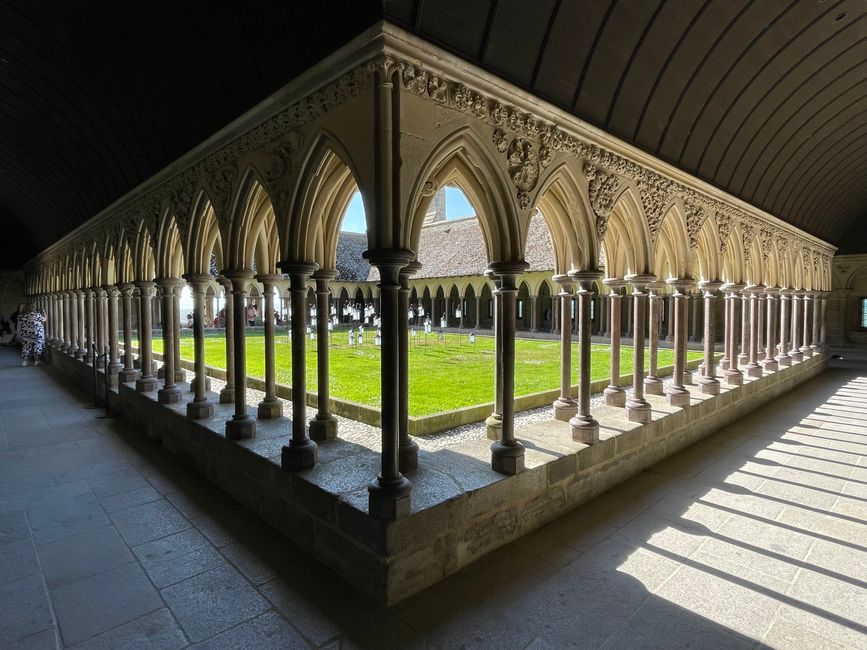
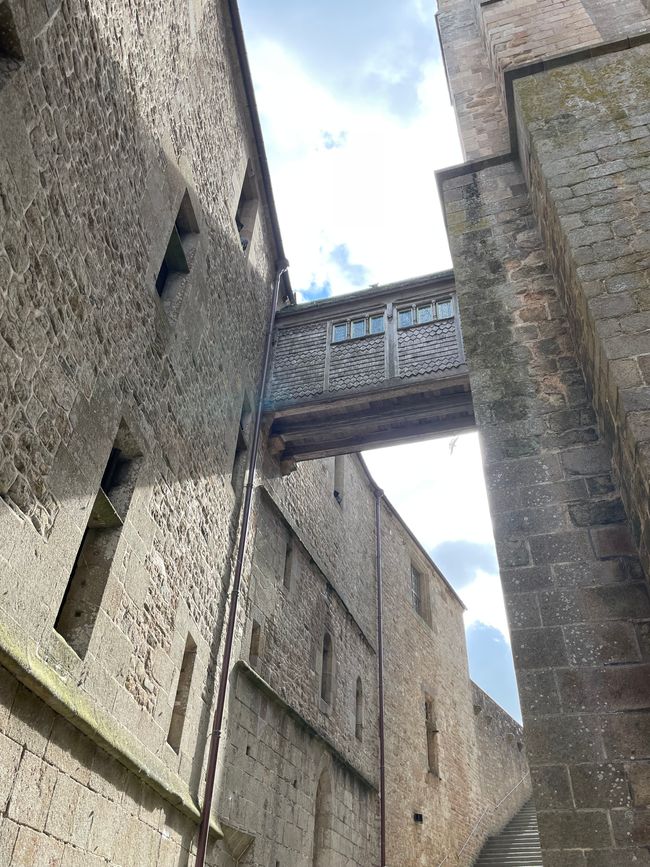
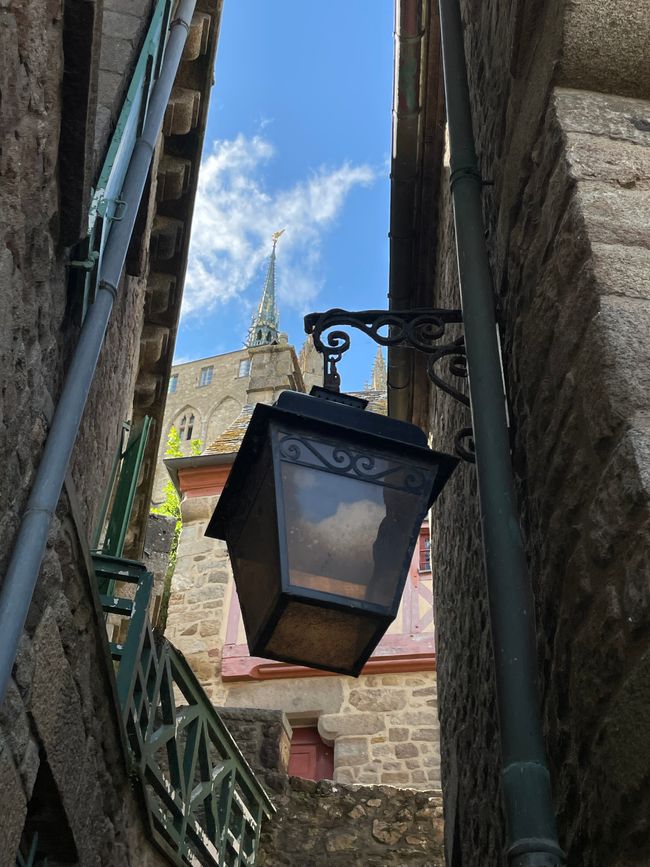
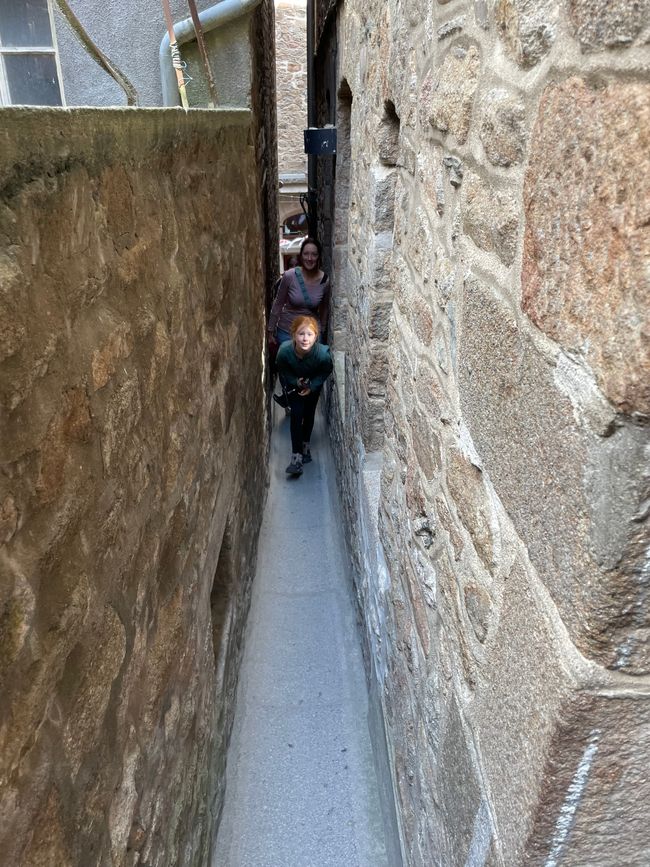
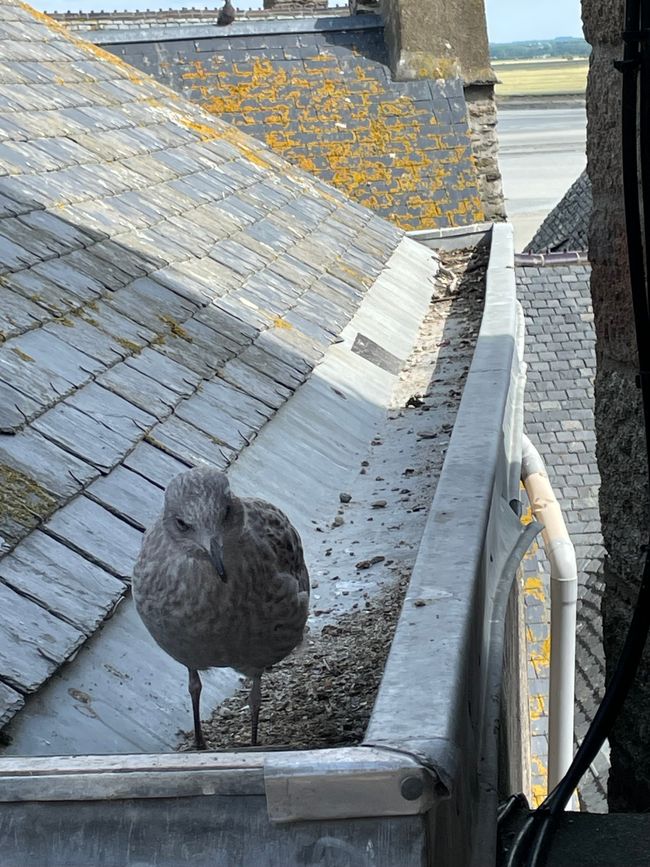
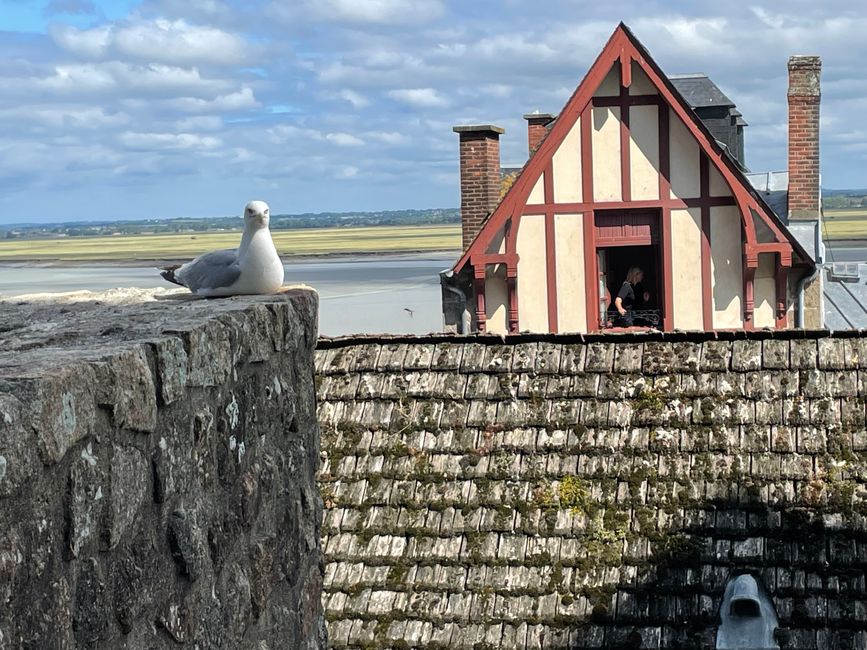
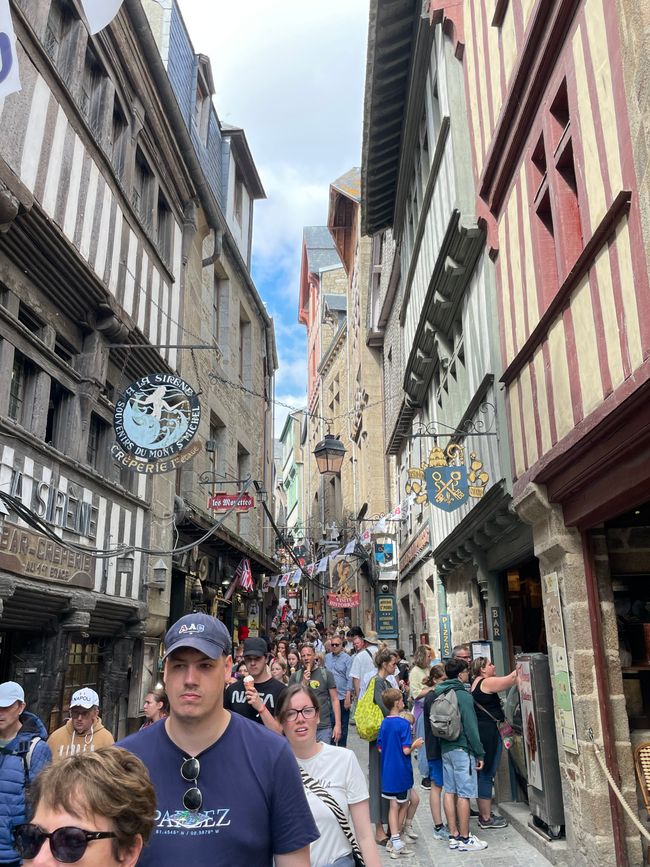
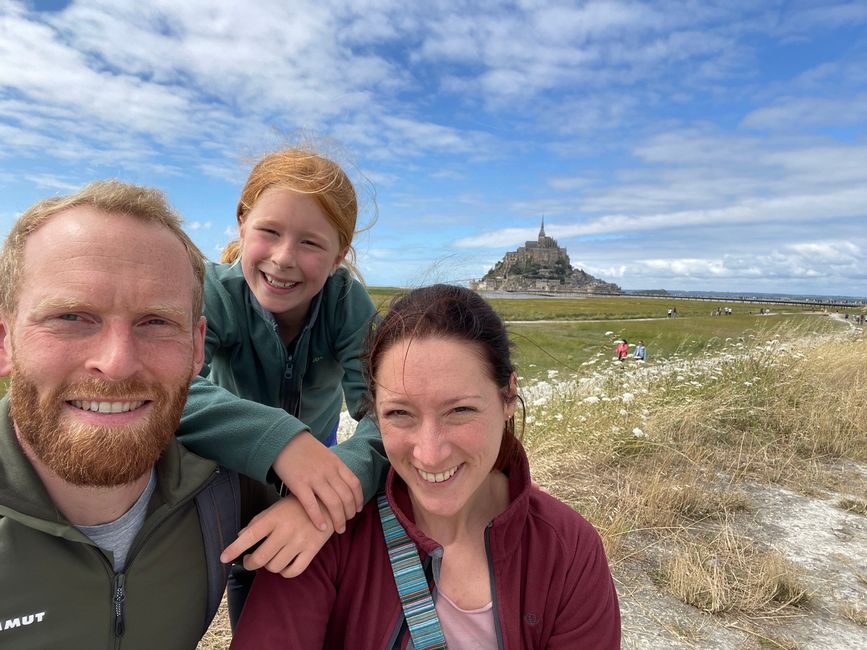
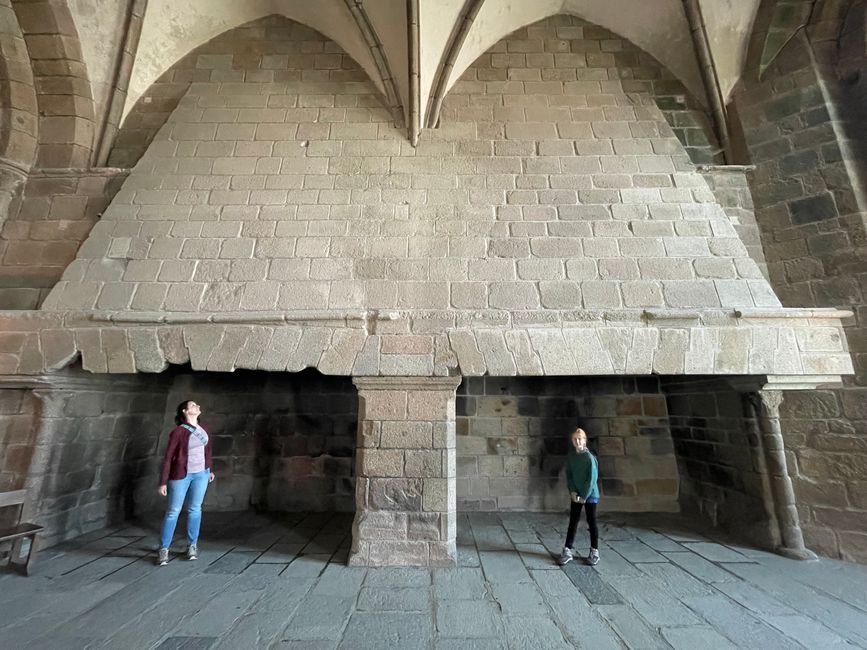
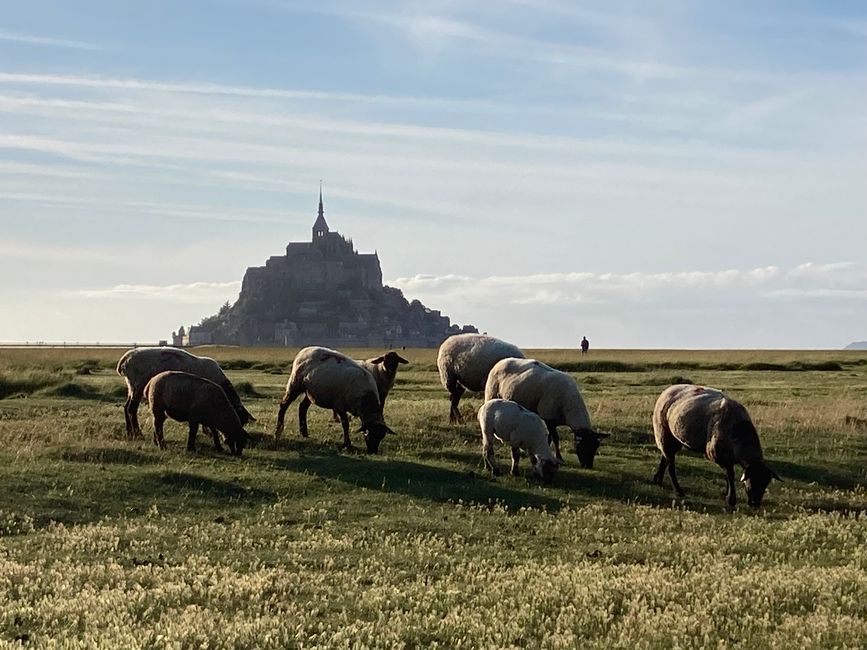
သတင်းလွှာကို စာရင်းသွင်းပါ။
“And in the year of our Lord 708, Archangel Michael appeared to Bishop Aubert of Avranches and instructed him to build a church on the nearby mountain in the roaring waves of the Atlantic.”
But since the bishop persistently refused, the archangel appeared to him again and burned a hole in his skull with his index finger, so that the bishop finally commissioned the construction.
Of course, it MUST have happened something like this, especially since the perforated skull of the bishop of the same name also lies in the church of St-Gervais-et-St-Protais in Avranches!
Convinced by the burning finger, Aubert obtained the necessary relics from Monte Sant'Angelo, consecrated the building as a Christian church in 709 and creatively named it Mont-Sant-Michel!
Today, on this mountain off the coast of Normandy (I wonder if the Bretons are annoyed about missing out on this sight, as the “border” is only five kilometers away) there is one of the most impressive and best-preserved buildings of the Middle Ages and it rightly belongs on the UNESCO World Heritage List!
However, a visit to the island requires some preparation and time to get used to it! Not because of the architecture or the changing history and use (during the French Revolution it even served as a prison for a short time), but because of the unimaginable crowds of people who do not want to miss this mountain.
There is a saying that goes that a visit to Normandy/Brittany without Mont Sant Michel is like a trip to Paris without the Eiffel Tower!
Even the French Minister of Tourism recommends visiting the mountain either early in the morning or late in the evening. This way you can make the most of the fantastic light that the sun creates on the building.
In high season, around 22,000 people make the pilgrimage here every day, which was a huge logistical problem until 2011. Hundreds of cars and dozens of buses were thronging the salt marshes and the dam to the island, putting a massive strain on the entire ecosystem! After a huge reconstruction project, there is now an oversized car park complete with a tourist center, camping site and souvenir shop! We are delighted because everything here seems well thought out, nothing is sealed, plants adapted to the climate are planted everywhere and despite the insane size, everything seems to run smoothly.
The walk from the car park (21€ per 6 hours of parking) to the newly installed bridge takes a good 30 minutes, which can alternatively be covered by shuttle bus.
I feel like an applicant for the entire facility right now…
Anyway...already at the parking lot, which we deliberately head for at 4 p.m. after doing some research, it becomes clear WHY you should either arrive very early or very late. It is really crazy full. Both in the parking lot itself and on the way to the island. It is a little emptier on the kilometer that can also be covered by the shuttle bus, but relaxed and people-free Insta-selfies are out of the question here.
Nevertheless, the view of the monastery island is omnipresent and simply absolutely magnificent.
When we arrive at the entrance, we are torn between comparing Hogsmeade and King's Landing, as the main path leads up the hill through an alley lined with restaurants and knick-knack shops. All of the houses are either half-timbered or built with typical Breton stonework, and every few meters a narrow alley branches off with stairs leading up to the abbey.
Of course, the roughly 22,000 people mentioned above cannot go unmentioned, because at least on that main road it is a constant shoveling.
We escape from the crowds along a shoulder-width path (our shoulder-width...) and wind our way up the mountain like chamois. Because away from this main road it is actually much more pleasant and quiet. Lane by lane we get closer to the abbey at the top of the mountain, take a short break in the tiny cemetery and finally end up high up at the entrance to the abbey, where friendly gendarmes search us and ask us to pay.
The path through the abbey, including the knights' hall, transcription room, chapel and crypt, leaves us in a state of permanent amazement. Completely winding, little doors everywhere, stairs in all directions, huge fireplaces, a magnificent cloister and in the middle of it all, sisters from the "Community of Jerusalem", who have lived in the abbey for several years and pursue their aspirations and activities despite the masses of tourists.
We are completely blown away by the impressions and the fact that everything here is so well preserved.
After a few hours' stay, we slowly descend from the peace and quiet of the monastery to the main street, which is still completely overrun even at 7 p.m., buy ourselves (for whatever reason) a more than disappointing ice cream, which melts just as quickly as in the Namib in the unbridled wind, and slowly make our way back, turning around every 20 meters.
Here, however, we take the cross route and walk back through the salt marshes and flocks of sheep, taking a few more photos.
However, we abandon our original plan of not leaving the island or the surrounding area until high tide at 9:45 p.m., as a particularly high tide is expected on that day, which very rarely results in the mountain becoming a complete island. Our legs are too tired, knowing that we still have a 40-minute walk to the car and a 1.5-hour drive back.
Nevertheless, we are inspired, we would have kicked ourselves in circles not to make the trip and are grateful for the archangel's burning finger, which was necessary to convince Aubert to start building on the rock more than 1000 years ago!
သတင်းလွှာကို စာရင်းသွင်းပါ။
ဖြေ
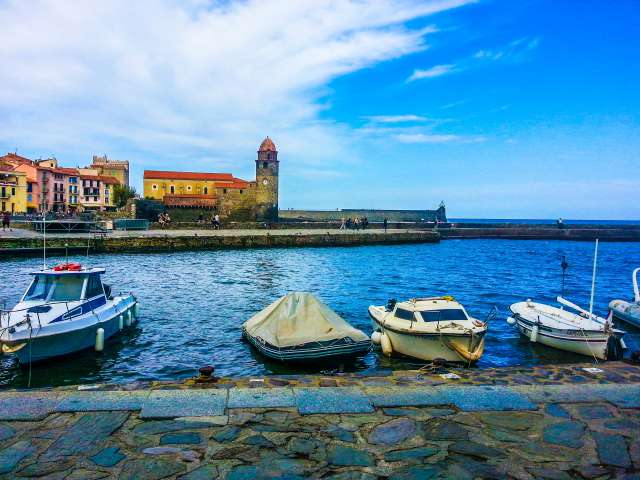
ခရီးသွားအစီရင်ခံစာ ပြင်သစ်

